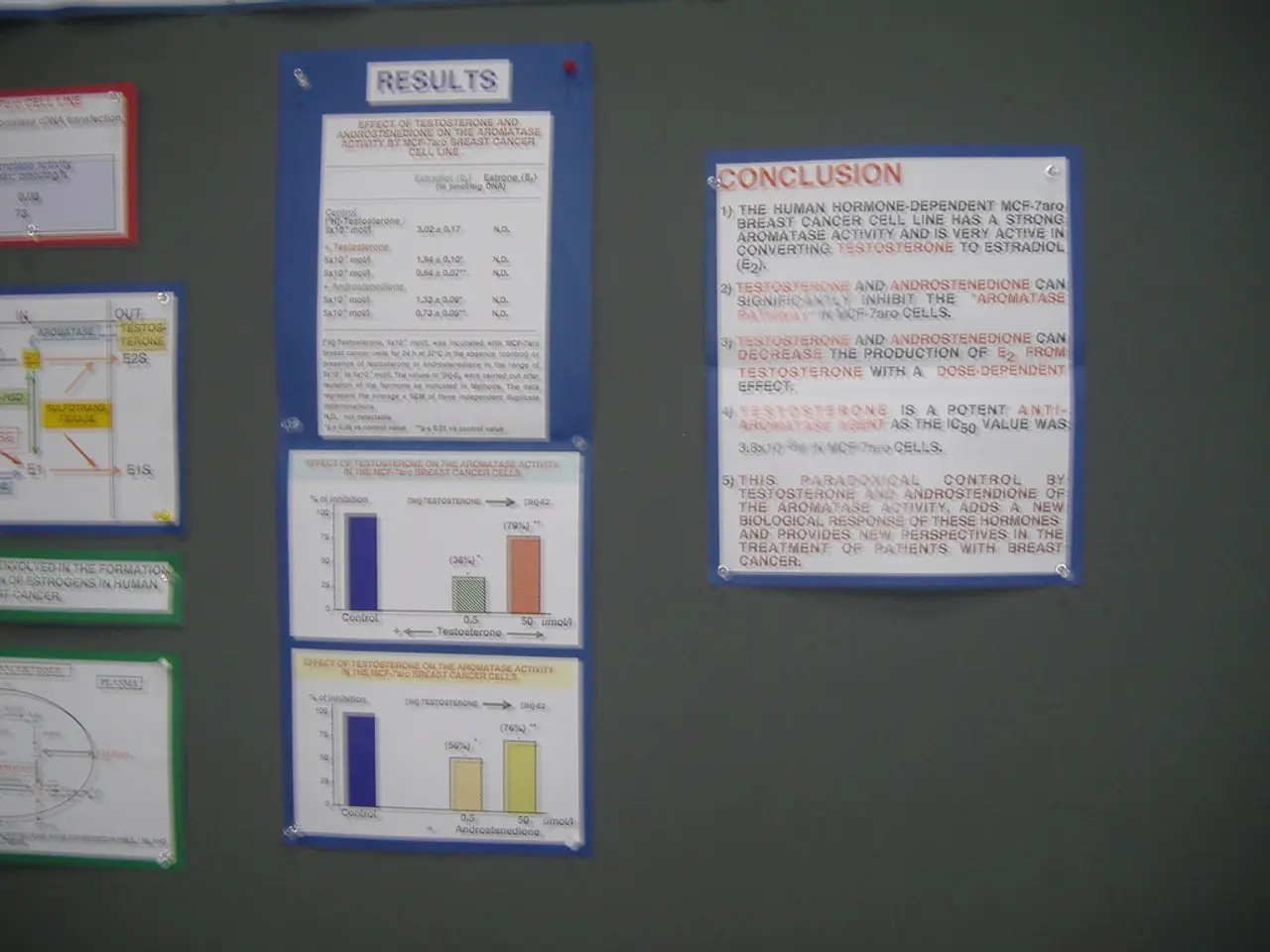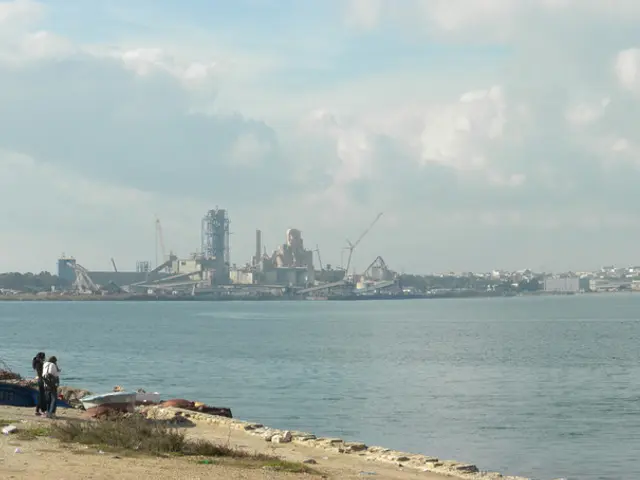Tribunal affirms demand for payment and raises amount owed to the designated recipient
The Pensions Regulator (TPR) has successfully upheld a contribution notice against a director who was found to have caused material detriment to a defined benefit pension scheme. The decision, made by the Upper Tribunal, sets a precedent for enforcing financial accountability in cases where directors or shareholders act in ways that harm pension schemes.
In this particular case, the director was party to a transaction that resulted in an £800,000 drawdown against a bank lending facility. Approximately £360,000 of this amount was used to buy out the director's shares in the parent company. The TPR argued that the sum specified in the contribution notice should be the benefit the director received (£360,437) plus an adjustment for the passage of time.
The Upper Tribunal dismissed the director's argument that she was not a party to the act, as she was not a key decision maker. The Tribunal held that the director was one of the ultimate owners of the company through a shareholding in the sponsoring employer's parent. The Tribunal's decision was based on the finding that the director was party to an act which met the material detriment test.
The contribution notice issued by the TPR amounts to a recovery of pension scheme losses caused by improper financial conduct. The TPR assesses and quantifies the financial detriment caused to the pension scheme due to a person's actions. This involves calculating losses or reductions in scheme assets attributable to actions such as improper extraction of funds, misuse of company resources, or poor covenant support.
The Upper Tribunal has upheld this approach, stating that the contribution notice regime is not a penalty regime but rather a mechanism to cover or partially recover the damage inflicted on the pension scheme. The Upper Tribunal's decision serves as a reminder that directors and shareholders must act responsibly when it comes to pension schemes, as their actions can have significant financial consequences.
In August 2025, the TPR issued a press release detailing various repayments to the scheme totaling over £2m made following contribution notices issued to family members connected with the sponsoring employer. This case demonstrates the TPR's commitment to protecting pension schemes and ensuring that those responsible for material detriment are held accountable.
| Aspect | Explanation | |-----------------------------|----------------------------------------------------------------------------------------------------------| | Legal basis | Power under the Pensions Act to issue CNs where a person (e.g., director/shareholder) causes material detriment to a defined benefit pension scheme[3][5]. | | Who it targets | Directors, shareholders, or other connected persons whose actions harm the pension scheme financially[3][5]. | | Amount determination | Based on quantified financial detriment caused to scheme funding—losses or deficits attributable to the person’s actions, assessed by TPR and upheld by tribunals[3][5]. |
The material detriment concept is central: the CN amount corresponds to how much the pension scheme’s financial position was impaired by the actions of the individual or company. The TPR's enforcement actions serve as a warning to those who might consider acting against the best interests of pension schemes.
Read also:
- Deepwater Horizon Oil Spill: BP Faces Record-Breaking Settlement - Dubbed 'Largest Environmental Fine Ever Imposed'
- Lawsuit of Phenomenal Magnitude: FIFA under threat due to Diarra's verdict, accused of player injustice
- Expansion of railway systems, implementation of catenary systems, and combating fires: SNCF adapting to the summer heatwave
- Citizen Thekla Walker, Minister, advises: "Let's focus on our own homes first"








